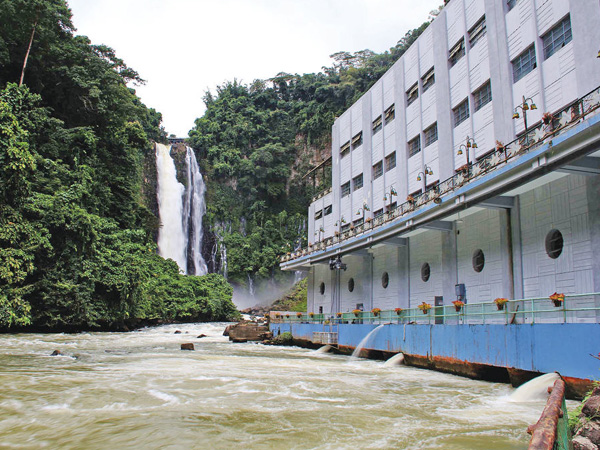
The Agus 6 hydroelectric power plant in Iligan City serves as the main source of electricity for Lanao del Norte and the rest of Western Mindanao. The Philippine energy sector will need P774 billion in fresh investments between now and 2016 to roll out critical infrastructure projects and various programs needed to ensure national energy security. RICHEL V. UMEL/INQUIRER MINDANAO
The Philippine energy sector will need P774 billion in fresh investments between now and 2016 to roll out critical infrastructure projects and various programs needed to ensure national energy security.
An outlook report by the Department of Energy said the required investment would be P53 billion for this year, P281 billion in 2013, P258 billion in 2015 and P182 billion in 2016.
Apart from ensuring national energy security, the investments are also aimed at “climate-proofing” the Philippine energy system, promoting a low-carbon future with the rollout of electric vehicles and the massive use of alternative fuels, adopting smart technologies and facilitating the implementation of strategic infrastructure.
For this year alone, the DOE is targeting to provide electricity access to 9,860 households through the Household Electrification Program and 4,982 villages (composed of roughly 30 households on average) under the Sitio Electrification Program.
The agency is also aiming to deploy 200 compressed natural gas-fed buses within the year and an initial 20,000 electric tricycles within a two-year period starting 2013 under the government’s $500-million e-trike program.
The Philippine government is promoting the use of electric vehicles, particularly for public transport such as the tricycles, as this would benefit the environment and support the country’s drive to become more energy independent.
Based on previous studies, every 20,000 e-trikes that are introduced to Manila’s streets are expected to save the Philippines 100,000 liters of fuel imports each day, saving the country about $35 million a year.
Meanwhile, the use of natural gas for public transport is similarly expected to help wean the country away from its dependence on expensive fuel imports.
Other existing and upcoming projects by the DOE and its attached agencies will include the open access and retail competition, which is expected to start full commercial operation by June 26 this year; the rehabilitation of the Agus and Pulangi hydropower complex in Mindanao; and the implementation of the Interim Mindanao Electricity Market, which will serve as a platform where generators can sell their excess electricity.
The DOE will also continue to promote energy exploration and development following the near completion of the Philippine Energy Contracting Round 4. The energy department announced earlier that 11 contracts for the exploration and development of 11 coal blocks might soon be awarded, while five contracts for oil and gas exploration have already been endorsed to Malacañang for approval.